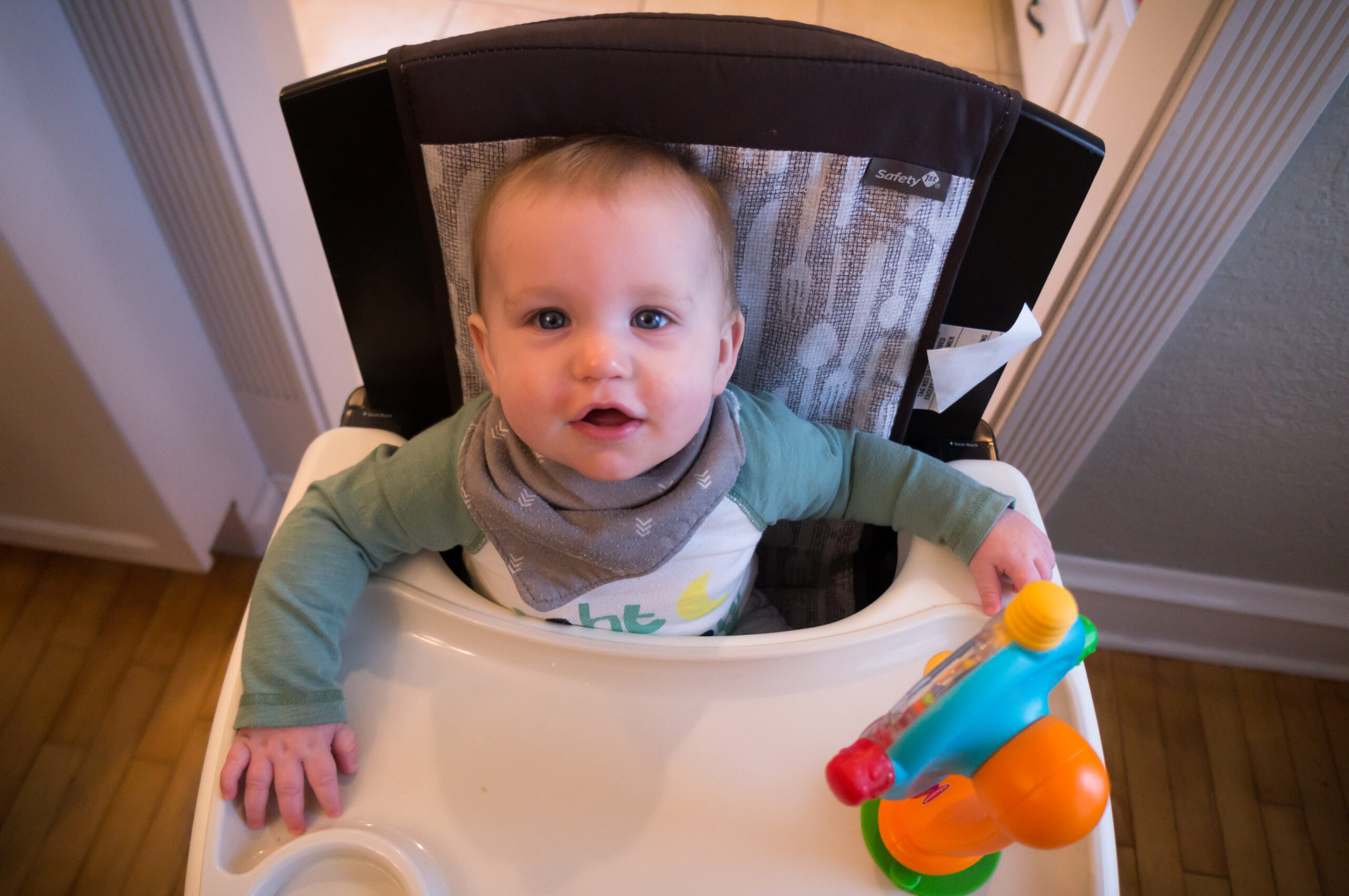Another week. Another senseless loss of teenagers and teachers ⏤ this time 17 at a high school in Parkland, FL. Another community upended. Another set of families forced to pick a casket, to find a church to hold a remembrance service, and to choose a spot in the ground to lay their child, friend, teacher, or coach to rest.
3 weeks ago, it was two 15-years olds, killed in a Kentucky school, and an additional 12 students struck by flying bullets.
3 months ago, it was 26 people, killed at a church service in southern Texas, and an additional 27 injured.
5 months ago, it was 59 people killed at a country music concert in Las Vegas, and an additional 527 injured.
Our news cycles move so quickly, and the frequency of these shootings seem to be accelerating, such that it is hard to keep each tragedy straight. And yet, after each of these horrifying events, we’re told not to talk policy. ‘Out of respect for the victims’ and ‘there must be a time for mourning’ are just a few of the canned phrases we’ve heard. We’ll “be talking about gun laws as time goes by”, the President says. “There’s a time and place for a political debate, but now is the time to unite as a country…”, his Press Secretary says.
It’s striking though, that for tragedies of much less magnitude and frequency, we don’t seem to have much of a problem talking about and debating policy only moments after the breaking news banner scrolls across the screen.
Last October, at the Hudson River Park bike path in New York City, an alleged 29-year old immigrant from Uzbekistan drove a rented pick-up truck along the trail and killed 8 people, while injuring an additional 11 others. Mere hours after the attack, in a nod to his well-documented push to ramp up the country’s immigration screening policies, President Trump said that he had “ordered Homeland Security to step up our already Extreme Vetting Program.” Two days after the attack, officials from the city announced that cement barriers would be installed across several trail entrances in an effort to prevent similar attacks in the future.
In December, an Amtrak passenger train, traveling almost 50 MPH faster than the speed limit, derailed near DuPont, WA, killing 3 people and injuring 80 other passengers and vehicle occupants on neighboring roads. Less than 8 hours after the incident, President Trump tweeted, “The train accident that just occurred…shows more than ever why our soon to be submitted infrastructure plan must be approved quickly. Seven trillion dollars spent in the Middle East while our roads, bridges, tunnels, railways (and more) crumble!” In a preliminary report of their investigation, the National Transportation Safety Board noted that the specific stretch of track in which the accident occurred did not yet have “an advanced train control system mandated by Congress”, called Positive Train Control (PTC), installed. The system could have alerted the engineer of the excessive speed and even allowed for automatic braking if he did not respond. The report goes on to reiterate that railways have a deadline of December 31, 2018 to have the technology fully installed on all trains and tracks in the U.S. This specific mandate from Congress was signed into law on October 16, 2008, in response to, and 34 days after, a train collision in Los Angeles killed 25 passengers and injured an additional 125 others.
It begs the question ⏤ if in the span of a few hours and days, we can rekindle a debate about immigration policy, advocate for infrastructure investment, install countermeasures against attacks involving rented trucks, and pass a sweeping, mandated technology bill that costs railroad companies billions of dollars ⏤ all in the name of saving lives ⏤ why can’t we talk about gun safety? Why can’t we suggest ideas to save the lives of children at school or parishioners at church or music fans at a concert? Why can’t we even research the positive or negative effects such measures might have on this epidemic?[1] Why can’t we even talk about it? Why? This disingenuous, bad faith “waiting period” on doing something about the unfettered access to firearms in this country is veering into national absurdity.
We get it ⏤ there is a second amendment that reserves the right for the citizenry to possess a firearm. But consider these realities:
- The Supreme Court has conceded that, “[l]ike most rights, the Second Amendment right is not unlimited. It is not a right to keep and carry any weapon whatsoever in any manner whatsoever and for whatever purpose.”
- By the end of the 1700’s, there were a number of laws regulating the storage and transport of gunpowder. Such laws included limits on how much gunpowder one could own.
- In the 1800’s, laws prohibiting concealed carry were the norm.
- In the 1900’s, Congress passed the National Firearms Act of 1934, which effectively restricted access to automatic and semiautomatic weapons by attaching a prohibitive tax on the production and transfer of such guns.
The point is this: the United States has a long history of regulating the ownership, sale, and use of firearms. It is only in recent decades that we have refused to continue to pass legislation that will serve the greater good, even as our peer nations have taken decisive action and seen dramatically positive results.[2]
There are so many sensible, practical, and relatively simple measures that could unquestionably limit the level of carnage seen in these incidents. The Las Vegas shooter, inexplicably, used a bump stock, which dramatically increases the rate of fire on a semi-automatic weapon, allowing him to spray more than 1,100 bullets on the crowd below. You can buy one for your AR–15 at the low, low price of $180. Want to stockpile a basically unlimited amount of ammunition? Follow in the steps of the 2012 shooter that wreaked havoc on an Aurora, Colorado theater and buy as much as you want (he bought more than 6,000 rounds online). Need a high-capacity magazine to hold all that ammo? 42 states still do not ban or restrict the purchase of them. Have a sketchy past and need to bypass a background check before the purchase of a firearm? “22% of guns are [still] obtained without one.”[3] Why are these things legal? They are beyond the scope of self-defense and recreational use.[4]
As with the other shootings over the past few years, I’m skeptical anything will change in the wake of Parkland. If the Sandy Hook shooting of 20 six-year olds and 6 of their teachers didn’t spur us into action, what will? If you can watch these videos of terrified Parkland students and not recognize the absolute, immediate need for legislative action, then you are the reason nothing will change.
As the status quo marches on unabated, know this:
- The calls for legislative pause and restraint in the wake of these shootings are incredibly disingenuous. No other national safety crisis is treated as such a forgone conclusion.
- We have a wealth of examples in which the generations before us met gun-related threats with new regulations that did not infringe on the second amendment. There is no constitutional basis by which we could not do the same in our modern age.
Until next time…
- In 1996, The Dickey Amendment stipulated that, “none of the funds made available for injury prevention and control at the Center for Disease Control and Prevention may be used to advocate or promote gun control.” The provision, which was added as a rider to a federal spending bill, has effectively halted all federally-funded, scientific study of the subject. The provision has continued to be included in other spending bills and an attempt to remove it in 2015 failed. ↩
- Read this excellent recap of Australia’s changed opinions and laws on gun ownership by Philip Alpers. In addition, see Michael North’s recap of similar happenings in Great Britain. Lastly, see Antonio Bandeira’s summary of recent efforts in Brazil to curb gun-related deaths. ↩
- But even if you submit to a background check, there’s a chance your previously violent behavior won’t prohibit the sale. In the case of the Sutherland Springs shooter, who had a history of domestic violence, the Air Force failed to enter his name into a federal database, which would have prevented his purchase of a Ruger AR rifle. ↩
- If you need a bump stock to successfully shoot a deer, you need a new hobby. ↩



